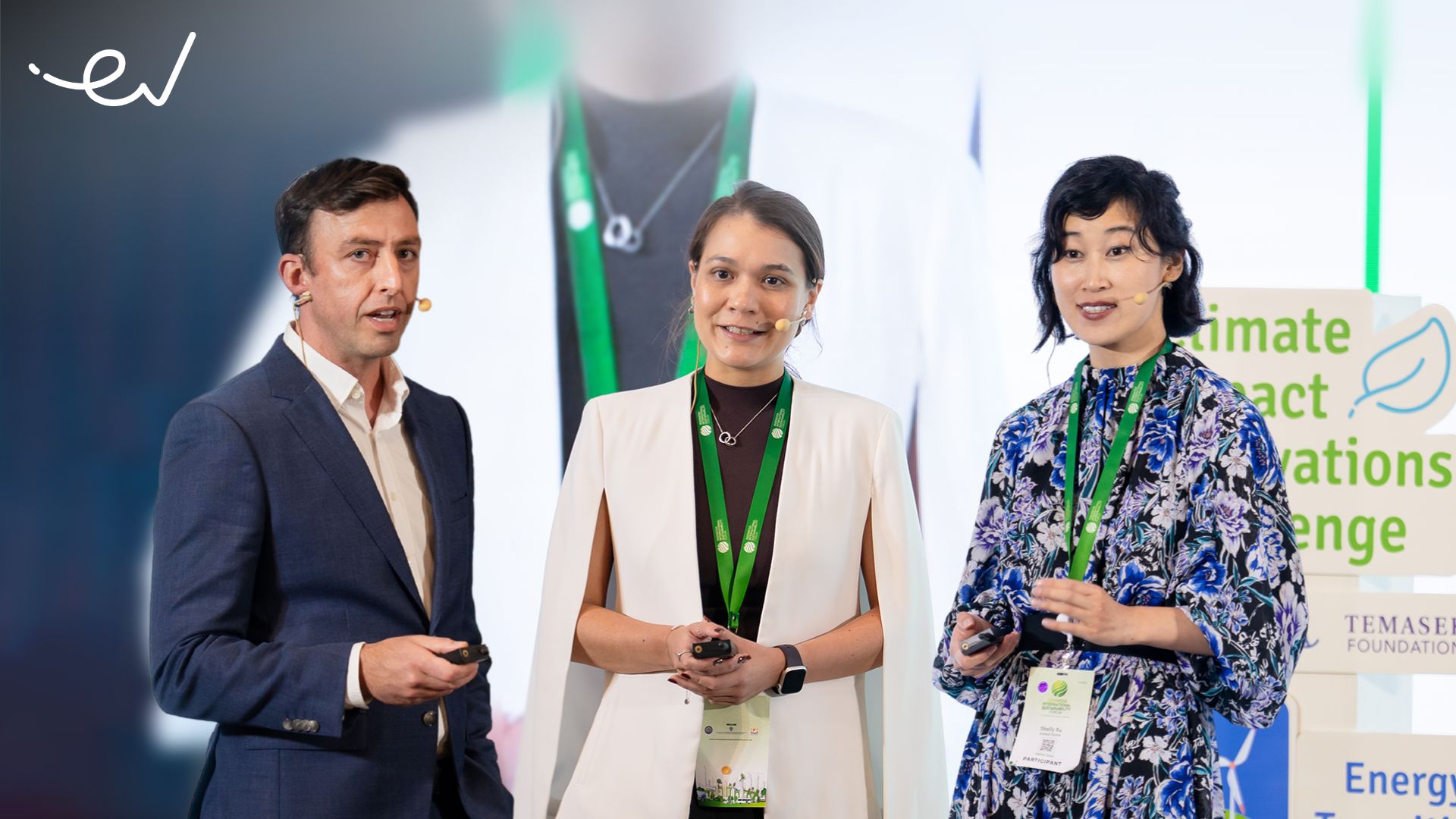East Ventures’ thesis on Web 3.0 startups
Web 3.0 has emerged as the idea of a new kind of internet service built using decentralized blockchains — the shared ledger systems used by cryptocurrencies and NFTs. Proponents believe that Web 3.0 will create new economies, products, and services that will return democracy to the web instead of the current monopolies over who controls information and makes money.
A significant proportion of the Web 3.0 market is still speculation driven. However, use cases of Web 3 in decentralized finance, collectibles, gaming, and social are emerging daily. The market landscape is expected to be dynamic in the medium term as innovation is still happening rapidly.
East Ventures believes Web 3.0 is a multi-year theme and paradigm shift. Our thesis is unaffected by public market trading conditions. Web 3.0 is a new approach that can level the playing field from the current web (Web2.0.0) paradigm where traffic and content, and therefore the lion’s share of economic value, are controlled by big tech players.
The evolution of the web
World Wide Web, abbreviated as Web, was invented by Tim Berners-Lee in 1989. The earliest version of the internet is called Web 1.0, which occurred between 1990 to 2004. Web 1.0 was a read-only medium that had static pages and no interaction and content-sharing between users.
Since 2004, the web has evolved to Web2.0. Web2.0 is also a participative social web since it enables users to participate in content creation and retrieve information. Despite abundant data, content, and information, several giant global companies, such as Apple, Amazon, Google, Meta, and Netflix, have near-monopoly power. These companies have been widely criticized for capitalizing on users’ data.
Web 3.0 is believed to be the next evolution of Web 2.0, utilizing blockchain technology and cryptocurrencies as decentralization tools. It allows users to own and control their data, self-custody, and portability of financial assets, content, and IPs. Web 3.0 allows equitable participation in a growing, vibrant, and increasingly global network.
Indonesia is at the forefront of Web 3.0 adoption
The current Web 3.0 market in Southeast Asia is still nascent, as with the global market. The global market capitalization of crypto is US$ 970.93 billion versus the US$ 108 trillion global equity market capitalization. However, the adoption of Web 3.0 is steadily gaining momentum in the region. In Indonesia, 41% of Indonesian adults with more than US$ 14,000 of annual income own cryptocurrencies. Furthermore, over 600 blockchain companies headquartered in Southeast Asia drew in an estimated US$ 1 billion funding in 2022.
There are numerous opportunities to tap by investing in the Web 3.0 area. In the financial industry, Indonesia is still lagging in financial inclusion. With a population of 181 million adults, the underbanked and unbanked population account for 51% and 26%, respectively. This demographic is a great potential for Web 3.0-based companies that can utilize decentralized finance (DeFi) protocols that enable access to financial services without financial institutions acting as guarantors. Using smart contracts eliminates this vulnerability and pain point for the underbanked. Traditional financial institutions and fintech startups can also incorporate smart contracts to eliminate back-office overheads and serve consumers more efficiently.
Non-Fungible Tokens (NFTs) is a Web 3.0 application that allows content creators and artists to offer NFTs and tokenized objects within art, real estate, and more. It opened a wide opportunity for creative talent in Indonesia and Southeast Asia who previously did not have the chance to reach the global market or had to rely on large platforms for distribution. Content Creators and artists can access a global audience through various NFT marketplaces or curation platforms. The network will allow interaction without needing a third party or an overseeing governing body.
East Ventures’ position in the Web 3.0 sector
We expect the Web 3.0 market landscape to be dynamic in the medium term as innovation is still happening rapidly. East Ventures will invest in strong founders with the expectation that they can and will make pivots throughout their entrepreneurial journey in Web 3.0.
As the Web 3.0 space is highly new, initial pitches are based solely on ideas with no Minimum Viable Product (MVP). Under such conditions, East Ventures will base our decision on the feasibility of the concept and our judgment of the founders’ capability and resources to bring ideas to fruition. So at this stage, founders must display strong integrity, high capability, and long-term commitment to the Web 3.0 space. East Ventures will look to support founders with a strong track record in Web 2.0 or professional backgrounds in finance or technology that want to build a lasting impact in Web 3.0.
To date, East Ventures have invested in several startups, including our recent new investment, Avium, a Web 3.0 media startup that provides Southeast Asia creators to ideate, produce, and own their intellectual property. We also have invested in Avarik Saga, Southeast Asia’s first blockchain Japanese Role-Playing Game company; Mighty Jaxx, an integrated platform to empower future pop culture brands with an end-to-end supply chain of collectibles; and Fraction, a Hong Kong and Bangkok-based fintech startup that offers fractionalized ownership in some Thai’s iconic real estate assets.
***
By Junhe Song, Senior Investment Associate at East Ventures







